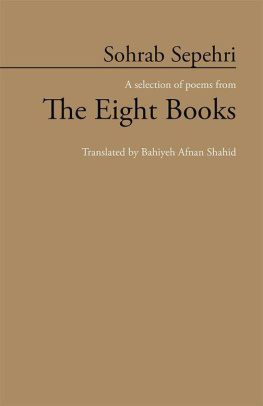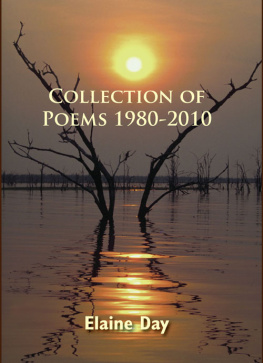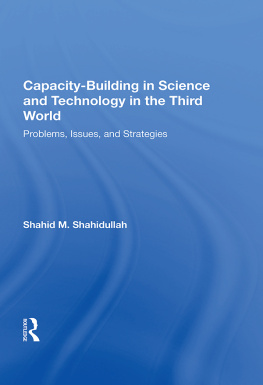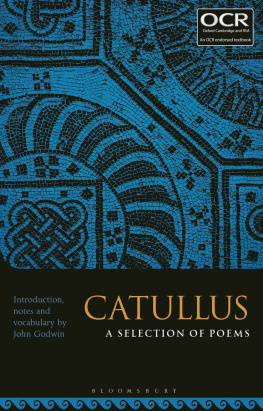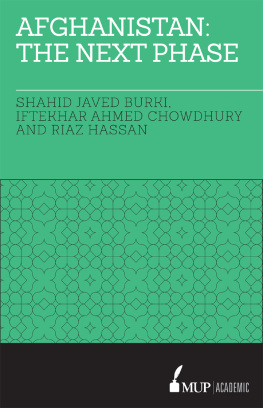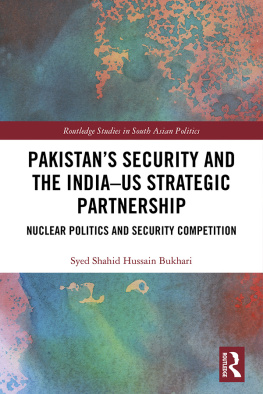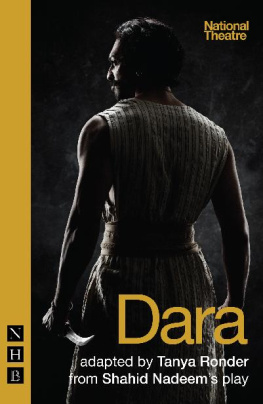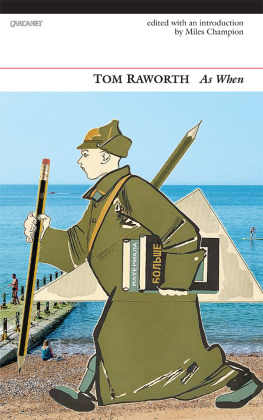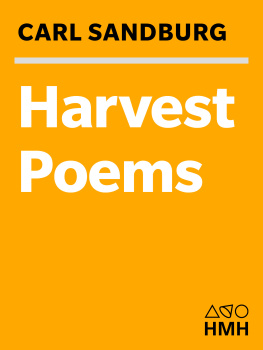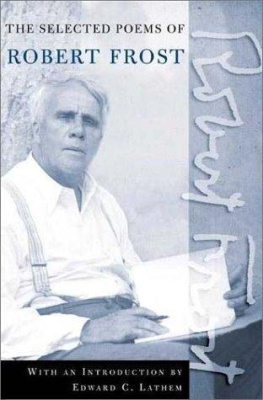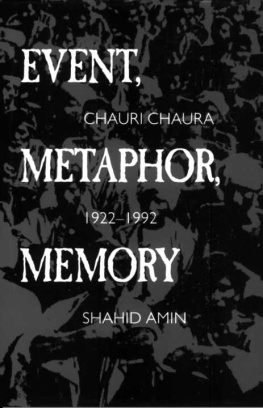Bahiyeh Afnan Shahid - Sohrab Sepehri: A Selection of Poems From the Eight Books
Here you can read online Bahiyeh Afnan Shahid - Sohrab Sepehri: A Selection of Poems From the Eight Books full text of the book (entire story) in english for free. Download pdf and epub, get meaning, cover and reviews about this ebook. year: 2013, publisher: Balboa Press, genre: Detective and thriller. Description of the work, (preface) as well as reviews are available. Best literature library LitArk.com created for fans of good reading and offers a wide selection of genres:
Romance novel
Science fiction
Adventure
Detective
Science
History
Home and family
Prose
Art
Politics
Computer
Non-fiction
Religion
Business
Children
Humor
Choose a favorite category and find really read worthwhile books. Enjoy immersion in the world of imagination, feel the emotions of the characters or learn something new for yourself, make an fascinating discovery.
- Book:Sohrab Sepehri: A Selection of Poems From the Eight Books
- Author:
- Publisher:Balboa Press
- Genre:
- Year:2013
- Rating:5 / 5
- Favourites:Add to favourites
- Your mark:
- 100
- 1
- 2
- 3
- 4
- 5
Sohrab Sepehri: A Selection of Poems From the Eight Books: summary, description and annotation
We offer to read an annotation, description, summary or preface (depends on what the author of the book "Sohrab Sepehri: A Selection of Poems From the Eight Books" wrote himself). If you haven't found the necessary information about the book — write in the comments, we will try to find it.
Sohrab Sepehri: A Selection of Poems From the Eight Books — read online for free the complete book (whole text) full work
Below is the text of the book, divided by pages. System saving the place of the last page read, allows you to conveniently read the book "Sohrab Sepehri: A Selection of Poems From the Eight Books" online for free, without having to search again every time where you left off. Put a bookmark, and you can go to the page where you finished reading at any time.
Font size:
Interval:
Bookmark:
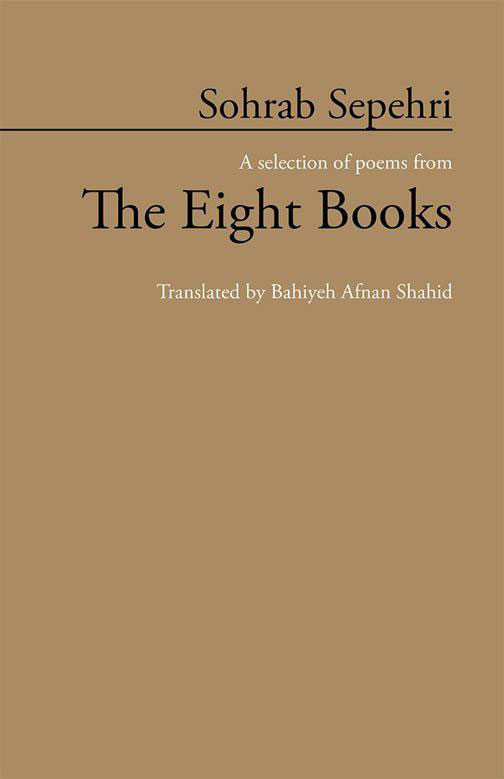

Sohrab Sepehri
A selection of poems from
Translated by Bahiyeh Afnan Shahid

All rights reserved. No part of this book may be used or reproduced by any means, graphic, electronic, or mechanical, including photocopying, recording, taping or by any information storage retrieval system without the written permission of the publisher except in the case of brief quotations embodied in critical articles and reviews.
Balboa Press A Division of Hay House 1663 Liberty Drive Bloomington, IN 47403 www.balboapress.com 1-(877) 407-4847
Original 1st edition: Beyond Art Production, London Copy editor: Katia Hadidian, London Original design: Normal Industries, Germany
Because of the dynamic nature of the Internet, any web addresses or links contained in this book may have changed since publication and may no longer be valid. The views expressed in this work are solely those of the author and do not necessarily reflect the views of the publisher, and the publisher hereby disclaims any responsibility for them. date: 4/10/2013
As an Iranian who has spent the greater part of my life outside Iran, I came to the study of Persian poetry late in life. date: 4/10/2013
As an Iranian who has spent the greater part of my life outside Iran, I came to the study of Persian poetry late in life.
It was a desire to read poets such as Rumi and Hafez in the original Farsi, with which I was not yet very conversant, that sent me in search of a teacher. By sheer chance my path crossed that of Dr Mahmood Kavir an academic, writer, historian and poet who had taught at Tehran University and who, like many like him, was an exile in Britain. The teaching turned out to be multifaceted. First, there was the hurdle of fluency in the language Dr Kavirs method was a gentle but total plunge into the intoxicating world of the ghazals (an ancient poetic form similar to sonnets) of Hafez. This was followed by those of Mowlana Jalal-u-Deen Rumi (or Balkhi, since he was born in Balkh), set against a panorama of Persian literature and related history, ranging from Roudaki in the 10th century to modern times.
For me, an Iranian born in Palestine, educated there, in Lebanon and the US, and who during the course of my lifetime had lived in Haifa, Beirut, Washington DC, Paris and London, this was a very special homecoming.
I was, in more ways than one, very literally an exile: an Iranian who had never done more than visit Iran, who did not yet have a very good command of the language, but who yet had the nostalgia of the exile for the cultural, if not geographic, homeland of generations past. Above all, it was a spiritual homecoming, deftly and naturally brought about by a teacher deeply immersed in the ultimate pilgrimage of the Sufi on the road of what in Farsi is called irfan gnosis, or the way back to the Beloved so integral to the wholeness of a human being and from which humankind tends to be alienated. Reading and rereading the ghazals, listening to them set to music or just read out loud, it soon became apparent that the flowing, magical rhymes, cadences, lines and lyrics of the poetry were primarily a lovely means of conveying a highly charged, emotionally intense longing of the human heart, searching for a way out of the tunnel of the material and the mundane to the inner land of liberation and illumination. For centuries, this searching and in some cases, the finding had been going on, sometimes openly, sometimes secretly; at times well received, at others heavily attacked and understandably so, for it insisted upon freeing the human spirit, soul and mind from the shackles of both Sheikh and Shah (Church and State), an idea that often produced undesirable truths.
By the time Sohrab Sepehri took up the thread in the last century, he too was criticised, which probably contributed to the somewhat convoluted way he presented some of his poetry.
For me, irfan was an infectious challenge; one that opened new vistas, new visions and journeys.
For me, irfan was an infectious challenge; one that opened new vistas, new visions and journeys.
The rich cavalcade of poets who had used their art to express this deep-seated, high-flying longing of the human heart had one of its 20th-century expressions in the work of Sohrab Sepehri. A translation that aspires to do him justice, no matter how far short it falls, seems to be the least of tributes that could be offered in his name.
The Iranian poet and painter Sohrab Sepehri was born in Kashan, Iran, in 1928, and was claimed by cancer in 1980. He had an upbringing that tried to discipline and shape him, whether at home or at school, but he was not exactly a conformist. He was an intelligent, sensitive, artistically gifted, poetically expressive, somewhat withdrawn, soft-spoken human being. Never married, widely travelled whenever finances permitted, he visited Japan where he studied woodcut techniques China, India, Pakistan, Afghanistan, Greece, Egypt, Austria, Italy, France, Britain (for medical treatment) and the United States.
Some he visited more than once, and for a time he lived in the United States and France. He tried his hand at stage design, as well as translating old Chinese and Japanese poetry into Farsi.
Sepehri started painting and writing poetry at an early age. At both he excelled. For both he received acclaim and criticism.
During his lifetime, a great many changes came about, not only in Iran and the Middle East, but all around the world.
During his lifetime, a great many changes came about, not only in Iran and the Middle East, but all around the world.
Many of the norms of life that is, the traditional way of doing things changed, sometimes drastically, sometimes gradually. Whether it was child rearing, education, marriage, work, society, politics or religion, they went through metamorphoses and change, often of a rather drastic, shocking, or maybe even blasphemous kind. Thousands of questions were raised, and thousands of answers were suggested, simply because there was an urgent need for them.
One such was provided by Sohrab Sepehri. Doubtless the outcome of his own penetrating and ever-questioning search, he found that the answers were all around him.
Seemingly unaffected and uninvolved in what was happening around him, he turned inward, and in his own mind and heart worked out the answers that to him appeared suitable and satisfactory for many of the problems that prevailed.
His solution lay in a new look at humanity in its natural habitat, at one with nature, acting and reacting with a creation that was alive with water, light, soil and sun, plant and animal life.
His solution lay in a new look at humanity in its natural habitat, at one with nature, acting and reacting with a creation that was alive with water, light, soil and sun, plant and animal life.
These had personalities and characters of their own, with which people could feel, interact and relate, as parts of a totality full of beauty and vitality. Having changed the way one looked at everything around made it easier for categories and divisions to fall away, and the underlying unity of being to become visible and palpable.
To be able to see that way, Sepehri started with an old mystic tradition, a favourite symbol: the cleansing of the mirror of the heart. That was where the journey started and ended. The necessary preamble was to break free of the caravan of the norm and the accepted, and to launch on a road that took the restless wayfarer from the road of illusions illusions about material needs, greed, power and allowed him to step into an enchanted land where he turned away from the road of delusion.
Font size:
Interval:
Bookmark:
Similar books «Sohrab Sepehri: A Selection of Poems From the Eight Books»
Look at similar books to Sohrab Sepehri: A Selection of Poems From the Eight Books. We have selected literature similar in name and meaning in the hope of providing readers with more options to find new, interesting, not yet read works.
Discussion, reviews of the book Sohrab Sepehri: A Selection of Poems From the Eight Books and just readers' own opinions. Leave your comments, write what you think about the work, its meaning or the main characters. Specify what exactly you liked and what you didn't like, and why you think so.

